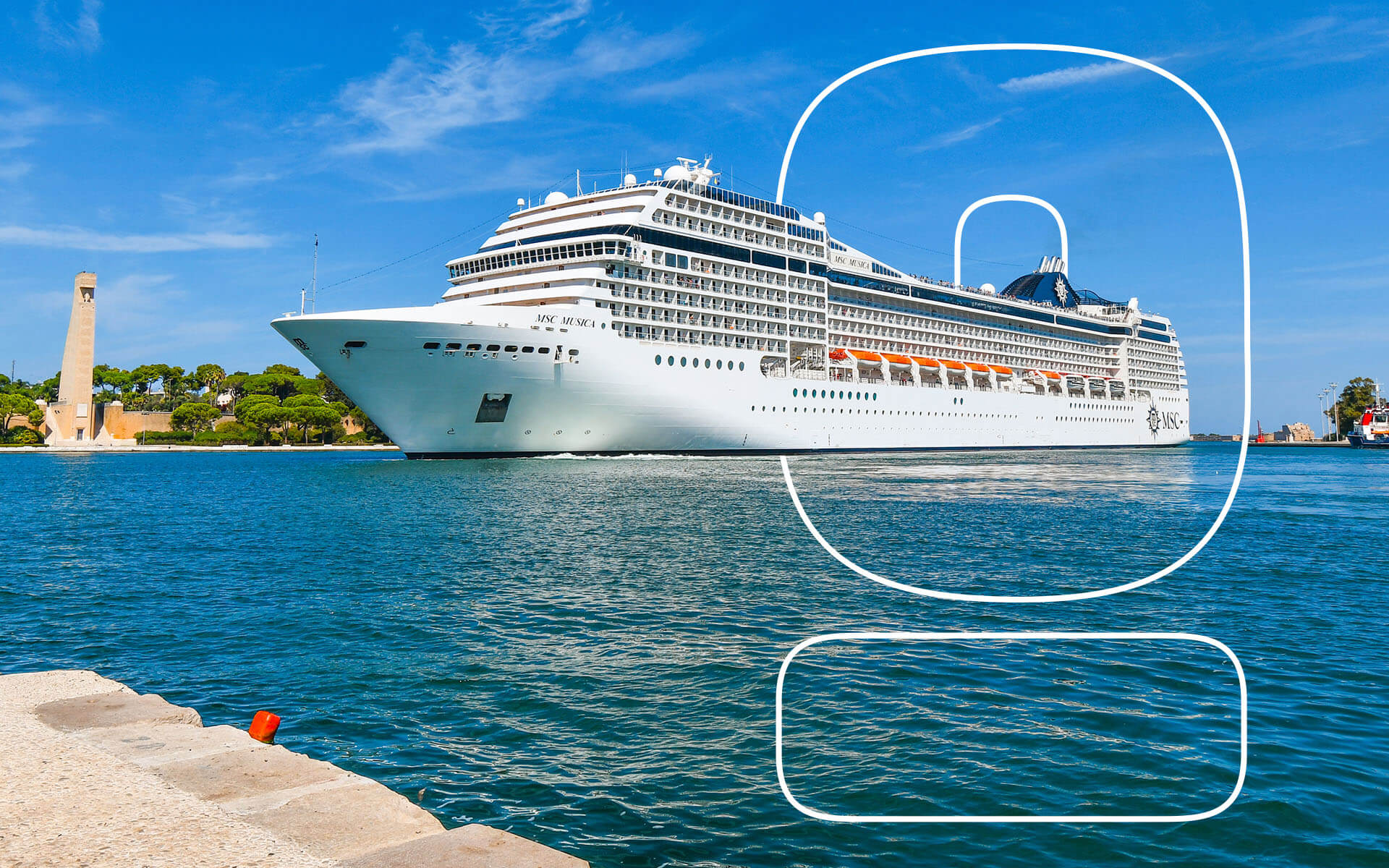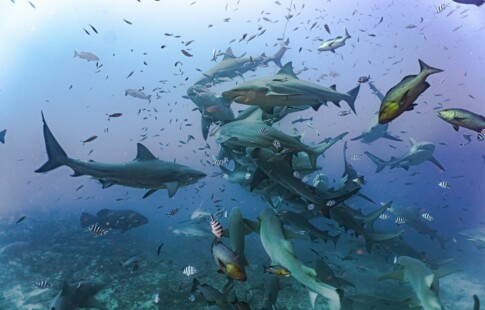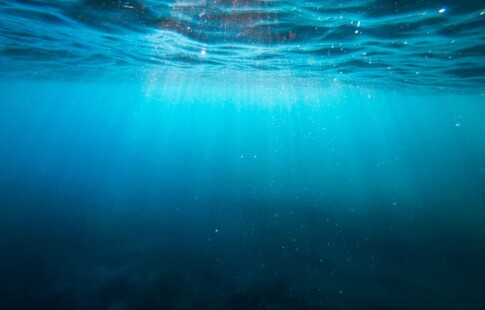
Why Do Some People Want Cruise Ships Banned or Restricted?
We are reader-supported. When you buy through links on our site, we may earn affiliate commission.
Some travelers see cruise vacations as fun excursions offering them spa treatments, live entertainment, lavish dinners, and an assortment of other attractions. Others prefer to seek getaways that are better for the planet. Some authorities have even gotten cruise ships banned.
Here’s a closer look at cruise ship bans and why some people think they’re the best course of action.
Cruise Ships Threaten People and the Planet
Researchers from the University of Exeter conducted a review of more than 200 papers that examined the impact of cruise ships on human and planetary health. A primary takeaway was that the commercial cruising industry needs tighter regulation. That’s due to the associated adverse effects.
The team stopped short of advocating to have cruise ships banned. However, their findings shed light on why some people want to at least stop the vessels from coming to certain ports. For example, the research indicated that passengers on a week-long Antarctic cruise generate as many emissions as the average European in a year. The analysis also revealed a cruise ship carrying 2,700 passengers could result in as much as 1 ton of garbage daily.
From the human health perspective, the review examined factors such as how infectious diseases can spread faster in cruise ships’ confined spaces. Plus, people working on vessels or in shipyards often face prolonged high exposure to noise, air pollution, and difficult working environments.
Professor Lora Fleming was an author of this review. Fleming stated, “We need much better monitoring to generate more robust data for the true picture of these impacts. Without new and strictly enforced national and international standardized rules, the cruise industry is likely to continue causing these serious health and environmental hazards.”
Cruise ships can also sicken marine animals with gray water dumped into their habitats. Moreover, the vessels can barrel through schools of fish or pods of dolphins, injuring or killing the creatures.
Why Have Some Areas Banned or Reduced Cruise Ship Activity?
Authorities choose to ban or restrict cruise ships for various reasons. Not all of them relate to the environment. The Scottish, Canadian, and Australian governments temporarily halted cruise ship operations to curb the COVID-19 health threat. Several cruise operators also removed Russian and Ukrainian stops from itineraries due to dangers associated with the ongoing war.
However, environmental concerns also often factor into such decisions. Officials in Spain limited cruise ship dockings to three per day at the Palma port in Mallorca, Spain. They did so after citing concerns for the environment and the impacts of thousands of visitors arriving per day.
In August 2021, government officials in Venice, Italy, approved a ban on large ships arriving into the Giudecca Canal. That happened after locals had campaigned against the vessels for years. Their concerns were that the ship activity pollutes the waterways and erodes the city’s foundation.
The French Polynesian government ruled that, from January 2022, ships with capacities of more than 3,500 could no longer dock in Tahiti. Similarly, those bound for Bora Bora could not stop there if carrying more than 1,200 people. Locals reportedly pushed for limits out of concern for the beautiful lagoons..
French Polynesia has not historically been a popular destination for large cruise ships. However, the government opted to take proactive measures, particularly with many operators expanding their destination offerings.
What Might the Future of Cruise Ship Vacations Entail?
With more stipulations resulting in cruise ships getting banned or limited in certain areas, operators must respond. Some will likely do so with reactive measures, such as changing itineraries to avoid the areas in question.
However, some cruise operators take a much broader approach to sustainability in the sector. Some of their initiatives include transporting smaller numbers of passengers. Alternatively, they offer niche packages rather than those that appeal to the masses. Other options include giving passengers opportunities to positively contribute to local destinations. Then, there’s a move away from the short-lived disruptions visitors often cause, even if unintentionally.
If these departures from the norm gather momentum, people may start to have a more favorable impression of the cruise industry overall. Plus, sustainably minded people with a curiosity for such vacations could indulge them while maintaining their values.
Share on
Like what you read? Join other Environment.co readers!
Get the latest updates on our planet by subscribing to the Environment.co newsletter!
About the author

Jane Marsh
Starting from an early age, Jane Marsh loved all animals and became a budding environmentalist. Now, Jane works as the Editor-in-Chief of Environment.co where she covers topics related to climate policy, renewable energy, the food industry, and more.





